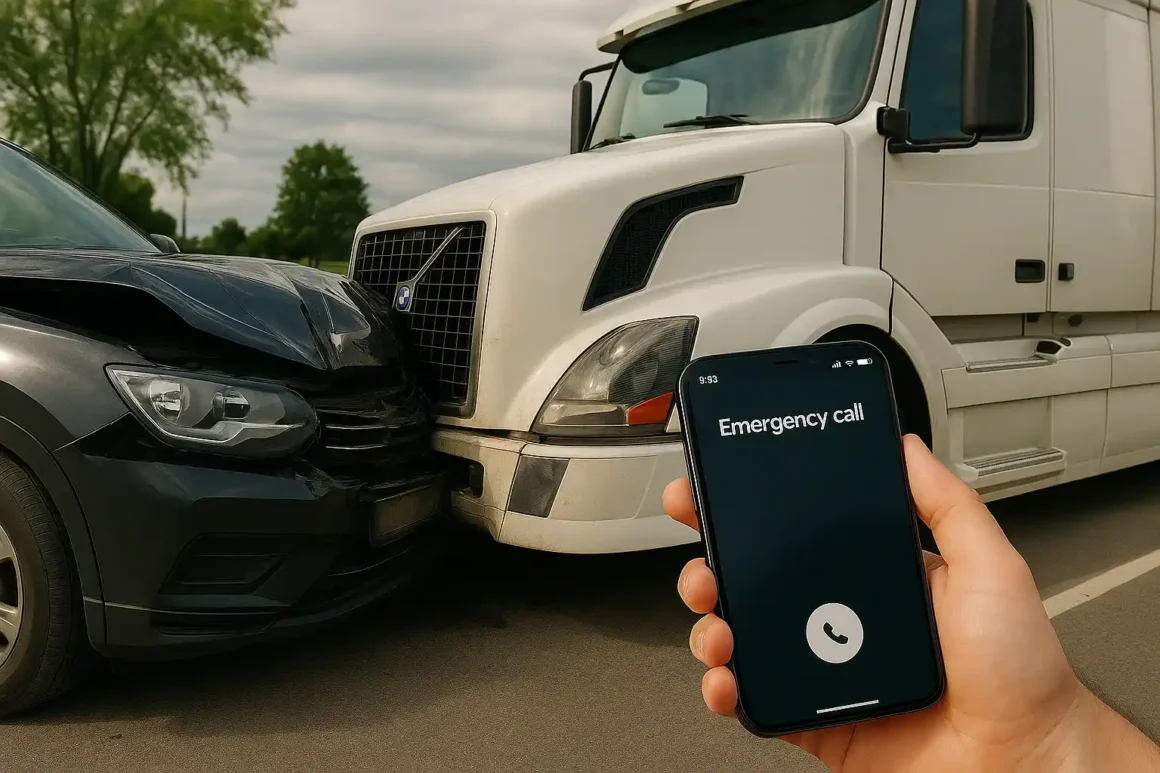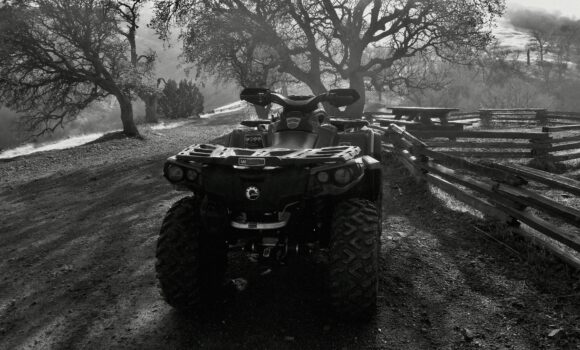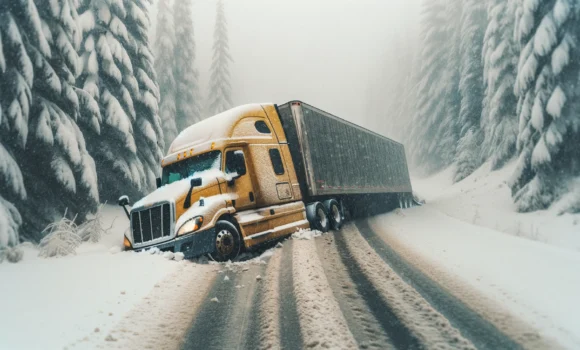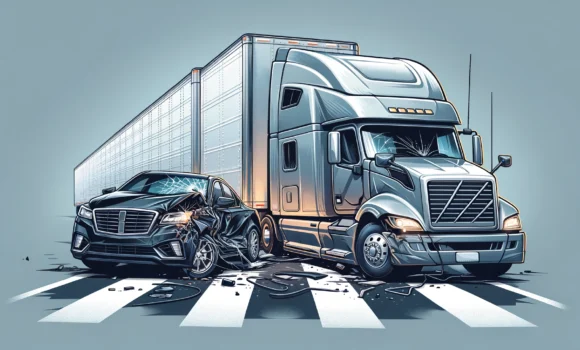I was hit by a commercial truck

What to Do If You’re Hit by a Commercial Truck: A Step-by-Step Guide
Collisions with commercial trucks are often far more complex—and more serious—than typical car accidents. Whether you’re dealing with an 18-wheeler, delivery truck, or construction vehicle, these cases involve serious injuries, powerful corporate defendants, and regulations that most people aren’t even aware of.
This guide walks you through what to do after a commercial truck accident, including some critical, often-overlooked steps that could make all the difference in your recovery.
1. Prioritize Safety and Medical Attention
- Check yourself and others for injuries. Keep in mind that symptoms like internal bleeding, head trauma, or soft-tissue damage may not be obvious right away.
- Call 911. Request both medical assistance and law enforcement.
- Move out of danger if you can do so safely. If your vehicle is at risk of causing further crashes, move to a secure location.
2. Contact Law Enforcement and Obtain a Police Report
- Request a copy of the accident report. This report provides an official record of the crash and can help document key details.
- Stick to the facts. Avoid guessing or admitting fault at the scene.
3. Gather Evidence at the Scene (If You Are Able)
- Take photos and videos. Capture vehicle damage, road conditions, skid marks, company logos on the truck, cargo spills, and your injuries.
- Get driver and company information. Obtain the driver’s name, license number, insurance details, and the trucking company’s contact info.
- Collect witness information. Eyewitnesses may be crucial to your claim.
4. Understand Why Truck Accidents Are Not Just “Big Car Accidents”
Layered Insurance Policies
Trucking companies often have multiple layers of insurance coverage, including primary and excess policies that cover different levels of damages. Without identifying all coverage sources, you could miss out on significant compensation.
Driver Employment Classification
Liability may depend on whether the driver is classified as an employee or independent contractor. Trucking companies may try to shield themselves by claiming the driver was an independent contractor—but courts often look at the real nature of the relationship, not just the title.
Federal Trucking Regulations
Commercial drivers and their employers must follow strict Federal Motor Carrier Safety Regulations (FMCSR). These rules cover:
- Driver work hours (Hours-of-Service)
- Vehicle maintenance schedules
- Drug and alcohol testing
- Driver qualifications
If a trucking company failed to comply with these regulations, it could be held directly responsible for the crash.
5. Preserve Critical Evidence Before It Disappears
Send a Preservation of Evidence (Spoliation) Letter
Trucking companies often have crucial evidence such as:
- Black box data (event data recorders)
- Electronic Logging Device (ELD) records
- GPS data
- Driver qualification files
- Maintenance logs
This evidence may be deleted or overwritten within days or weeks unless you act quickly. A preservation of evidence letter (sometimes called a spoliation letter) puts the trucking company on legal notice to retain all relevant records. Without this letter, valuable evidence could be lost.
6. Be Wary of Insurance Companies Acting Fast
- Do not provide a recorded statement without legal advice.
- Do not accept quick settlement offers. Early offers often fail to account for long-term medical care, lost wages, and pain and suffering.
Truck accidents typically involve aggressive defense tactics because of the high potential payouts. Their goal is to limit their liability—not to help you.
7. Know the Power of ELD and Black Box Data
Commercial trucks are often equipped with Electronic Logging Devices (ELDs) that track:
- Driving hours
- Vehicle movements
- Rest periods
Black box data can also show speed, braking, engine diagnostics, and steering inputs immediately before the crash. Preserving this data early is essential.
8. Consider Early Accident Scene Reconstruction
In serious truck accidents, consider hiring an accident reconstruction expert as soon as possible. These professionals analyze physical evidence like skid marks, vehicle damage, debris patterns, and black box data to recreate how the crash occurred.
Truck companies often deploy their own experts immediately—having your own team helps ensure your side of the story is fully represented.
Final Thoughts: Take Steps Early to Protect Your Recovery
Truck accidents are legally and logistically complex. Between multiple liable parties, federal regulations, layered insurance, and disappearing evidence, these cases require more than just a standard car accident approach.
Taking the right steps early—like preserving evidence, understanding regulatory violations, and being cautious with insurance companies—can significantly improve your chance of a fair outcome.
Need Help Navigating a Truck Accident Case?
If you’re unsure how to handle these steps or feel overwhelmed, it’s okay to ask for help. At Strong Law, we focus on handling the complex legal and investigative challenges of commercial truck accidents so our clients can focus on healing. If you’d like to discuss your situation, we offer free consultations. Visit stronglaw.com to learn more.
Tell Us About Your Case
Contact us today at (417) 887-4300 or online to arrange your free case evaluation. Our Experienced Trial Attorneys will walk you through your legal options.


